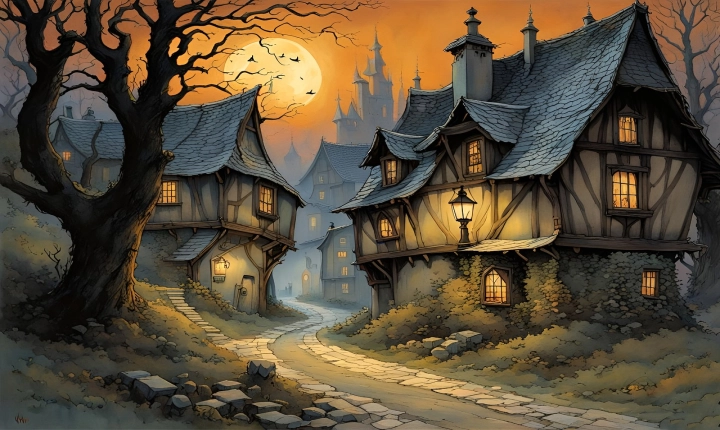AI-generated images have become increasingly prevalent in today’s digital age, raising questions about their copyright status. With advancements in AI technology, it is now possible for algorithms to create realistic and stunning images that were once thought to be the sole domain of human artists. As a result, the issue of copyright ownership and protection for these AI-generated images has gained significant attention.
One fundamental question that arises is whether AI-generated images have copyright protection. Copyright law generally protects original works of authorship, including paintings, photographs, and other visual art forms. However, the concept of authorship becomes blurred when it comes to AI-generated images, as these are not created by a human author in the traditional sense.
In many jurisdictions, copyright law is based on the principle that creations must be the result of human effort and creativity in order to be eligible for copyright protection. AI-generated images, on the other hand, are the product of complex algorithms and machine learning processes, without direct human intervention in the creation of the image itself.
In some cases, the creators of the AI algorithm or the individuals who trained the AI model may argue that they should be considered the authors of the AI-generated images, and therefore, should have copyright protection. However, this argument is not without controversy, as it raises questions about the definition of authorship and the role of human creativity in the creative process.
Another consideration is the ownership of the copyright for AI-generated images. If AI-generated images are deemed eligible for copyright protection, the question arises as to who should own the copyright. Should it be the developers of the AI algorithm, the individuals who trained the AI model, or the entity that deployed the AI to produce the image?
The lack of clarity around the copyright status of AI-generated images has prompted some legal experts and policymakers to call for a reexamination of copyright laws and the development of new regulations that specifically address the unique challenges posed by AI-generated content. These discussions seek to strike a balance between incentivizing innovation and creativity in AI development, while also ensuring that creators and rights holders are appropriately recognized and protected.
In the absence of clear legal guidelines, some companies and organizations have taken proactive measures to address the copyright status of AI-generated images. For instance, OpenAI, a leading AI research lab, has released a model, known as DALL·E, that can generate images from textual prompts. OpenAI has explicitly stated that the images generated by DALL·E are licensed under a Creative Commons license, allowing for reuse and modification with proper attribution.
Additionally, some platforms and marketplaces that host AI-generated images have implemented their own terms of use and licensing agreements to establish the rights and responsibilities of users when it comes to using and sharing AI-generated content.
While the legal and ethical implications of copyright for AI-generated images are still evolving, it is clear that this issue is a significant and complex challenge at the intersection of technology, creativity, and intellectual property law. As AI continues to advance, it will be crucial for legal and regulatory frameworks to adapt and provide clear guidance on the copyright status of AI-generated content to ensure fair and equitable treatment for all stakeholders involved.
